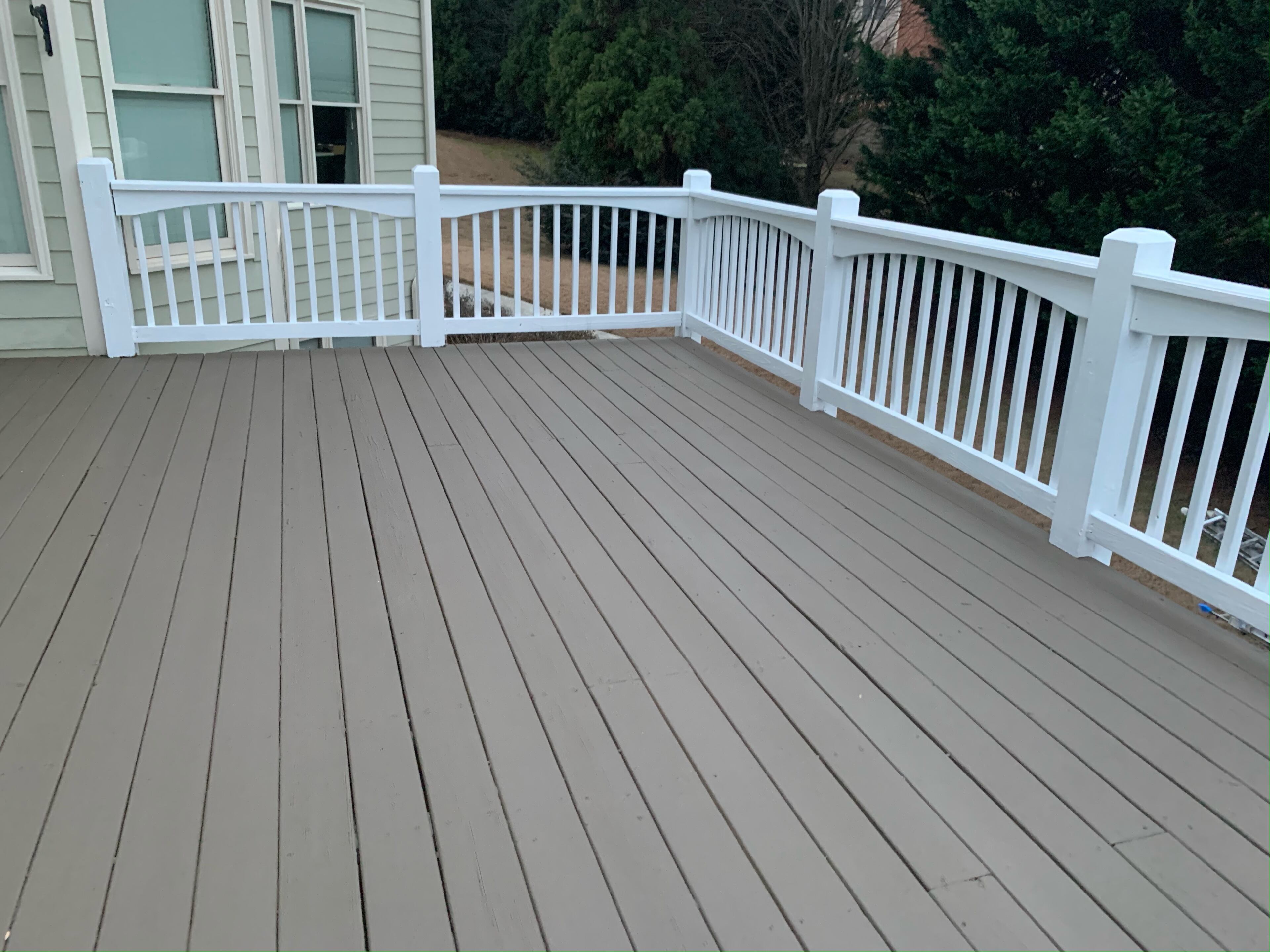Consider replacing these appliances before they break
Aging homes mean systems and appliances that need replacing, and owners sometimes struggle to keep up with issues that can compound if they’re unexpected. Here are a few key areas where older adult homeowners can stay ahead of the curve as their dwellings grow older.
Water heater replacement
Water heater lifespans don’t typically allow for a long string of repairs. Problems with an older unit usually mean a complete replacement, according to Wayne Hiott, chairperson of the Greater Atlanta Home Builders Association’s Atlanta 55+ Housing Council, a group that supports industry members interested in working with the older age demographic.
He advised homeowners experiencing issues not to wait on a replacement.
“It always happens at the most inopportune time. You’re trying to get ready for something, and you can’t take a shower — at least a hot shower,” he said. “Those things are going to have a certain shelf life. I would say that anything that’s eight to 10 years old, you start considering it. By the time it gets to be 15, you’re just really kind of living on borrowed time. People will generally keep it until it’s a problem, but I think getting out in front of that a little bit is (important).”
Prevention is key
Hiott, who founded Atalnta-area homebuilder Tyler Chandler Homes, also recommended that older homeowners pay special attention to their roofs and stop any leaks immediately.
“If you get water in the house where it’s not supposed to be, it usually creates more of a problem than it really needs to,” he said. “It’s a big issue.”
Jose Padilla, owner of Genesis Contracting of GA, a Lawrenceville-based company that does lots of home maintenance work, also stressed the importance of catching leaks early. He described a customer who recently had an expensive repair because of a crack in the siding next to a door, which caused a large leak over time. Prevention, he said, is key to avoiding these situations.

“I always recommend to most of my customers to do preventative maintenance. Tackle any problems before you have them,” he said. “If you let it go for too long before, let’s say, cleaning it or painting it … it’s going to cost you more money in the long run.”
Maintenance can help large systems — think heating, ventilating, and air conditioning — run longer. Padilla recommended replacing home air filters every six months and scheduling regular maintenance on outside compressor units. Sometimes, the expense of replacing systems and large appliances makes more sense than repairing them. Padilla recommends going by the warranty on a unit to track its most useful lifespan.
“You can fix it for some time, but then, eventually, they’re going to need to be replaced,” he said. “Plus, the new units now, they’re more energy efficient … You can use less water, less electricity. Washers, especially, when they’re old, they start leaking, and that’s going to create a problem in your floor.”
Although he sees people ordering online, he recommends customers shop locally for new appliances. Brick-and-mortar stores will often deliver and install them, he said.

Total upgrades
In the name of energy savings, Padilla also recommends upgrading wood-framed windows.
“If you have old windows, you want to replace them with vinyl,” he said. “They’re more energy efficient, and they’re maintenance-free because you don’t have to paint them.”
These innovations make the prospect of downsizing 30-year-old homes for newer ones attractive for many older adults, Hiott said.
“They just say, ‘You know, I’ve kind of reached the point in life where I don’t really want to mess around with that type of thing. They want to come into a new home with materials that are built to last,” he said. “A lot of people, especially the ones coming from the big houses, they’re just tired of three different air conditioning systems and three different this and three different that.”
To get specialized news and articles about aging in place, health information and more, sign up for our Aging in Atlanta newsletter.

